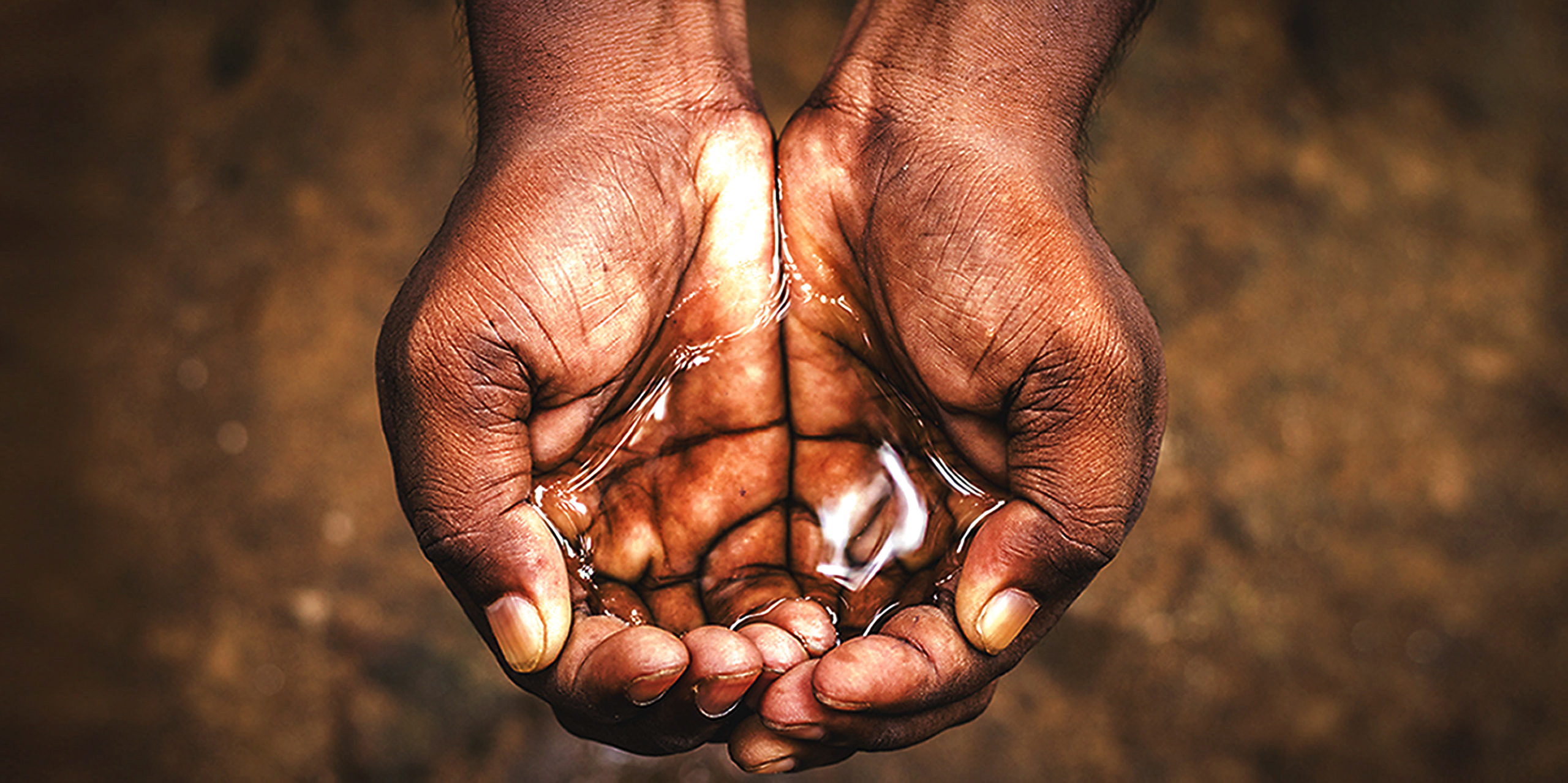The National Institute for Communicable Diseases (NICD) confirmed on Wednesday that there are now six confirmed cholera cases in South Africa, and one person has died of the disease.
According to the Institute, the first three cases can be traced to the current outbreak in Malawi. Two sisters who travelled there came back with cholera, and the husband of one of the sisters was subsequently infected.
However, the second two cases were locally acquired with no direct links to the first three and no travel history to Malawi.
A sixth case is under investigation.
Visit Daily Maverick’s home page for more news, analysis and investigations
According to the NICD, the two local cholera cases meet the definition of an outbreak. The source of these infections is not presently known.
The NICD warned there was an ongoing risk of cases being imported following travel from other African countries experiencing cholera outbreaks (especially Malawi, Mozambique, Zambia and Zimbabwe).
Detecting locally acquired cases is critical to guide public health investigations and timely interventions that effectively interrupt cholera transmission in affected communities.
“Healthcare workers and laboratories countrywide have been urged to consider and test for cholera in persons with acute watery diarrhoea,” their statement continued.
What is cholera?
According to information supplied by the NICD, cholera is a bacterial disease that usually spreads through contaminated water and causes severe diarrhoea and dehydration.
It can be fatal within a few hours if untreated, especially in children.
According to the World Health Organization, “among people who develop symptoms, the majority have mild or moderate symptoms” which are often hard to distinguish from stomach troubles caused by other issues.
It can take up to five days for symptoms to start showing, but most people who ingest contaminated water show symptoms within two or three days.
Symptoms of severe cholera
- Sudden onset of illness.
- Diarrhoea, which is profuse, painless and watery, with flecks of mucus in the stool (“rice water” stools).
- Possible vomiting.
- Fever in children.
Cholera mainly spreads when water is contaminated by human faeces; it can also be spread when food is in contact with contaminated water.
While the Gauteng Department of Health has denied that water is the source of the current outbreak, the NICD advises that water should be boiled for a minute or treated with household bleach (one teaspoon of bleach to 20 litres of water).
Is it caused by the water in Gauteng?
The Gauteng Department of Health issued a statement on Wednesday dismissing social media messages claiming it had warned communities not to drink tap water.
“Water in South Africa is generally safe to drink and cook with when taken from taps. The country’s national water quality standard lives up to the World Health Organization-set standards,” their statement reads.
The head of the NICD’s Centre for Enteric Diseases, Dr Juno Thomas, said extreme weather events (droughts and flooding) multiplied the risk of cholera outbreaks. Over the past two years, many outbreaks globally followed extreme weather events.
“The risk is particularly high in communities that do not have reliable access to safe water, improved sanitation and hygiene. An important local example was the cholera outbreak of 2008-2009,” she said.
‘Robust surveillance’
“However, the initial cases were directly linked to the outbreak in neighbouring Zimbabwe, and people were crossing the border to seek healthcare. Shortly afterward, cholera was introduced into rivers and other untreated water systems in Mpumalanga and struck communities that did not have access to safe (treated) water.
“This resulted in a rapid spread of disease and many thousands of cases,” said Thomas.
“The first step in preventing an outbreak is to have robust public health surveillance and laboratory systems so that cholera cases can be detected rapidly.
“Next, an immediate public health response is required when cholera cases are detected to investigate the possible source(s) of infection and actively search for other possible cases.
“Further action depends on the scenario (for example, an imported case or a case of infection acquired locally). Throughout this process, community engagement and health education are essential, particularly for vulnerable communities, to provide accurate information about the risks of cholera and how households can protect themselves.
“Awareness of the disease among healthcare professionals is also essential so that the correct tests are done and cases of cholera aren’t missed,” Thomas added. DM/MC





